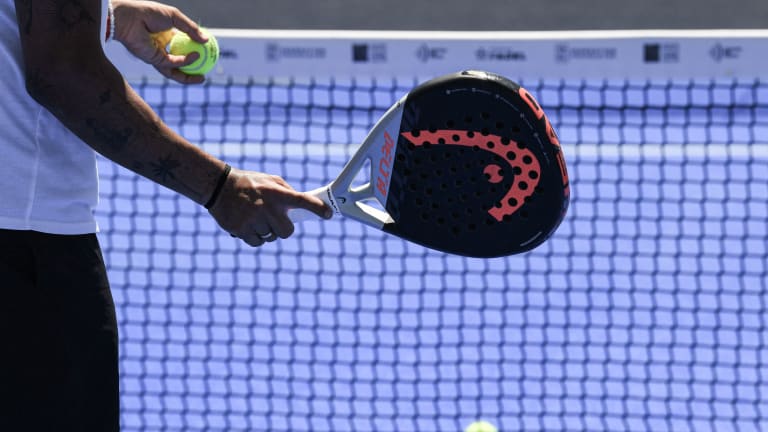In the future, will we stop saying, I play tennis, and start saying, I play racquet sports?
I asked that question a little more than a year ago, in a story about the mammoth new racquet-sport facilities that have been sprouting up around the U.S., and which now routinely come with courts for tennis, pickleball, padel and platform tennis. No longer, it seemed, would tennis go to war with its increasingly popular little-brother sports. Instead, it would try to feed off their grass-roots energy, and break down the barriers between them.
A year later, I’m back with a related but slightly different question: In the future, are “tennis pros” going to be called “racquet sports pros” instead?



